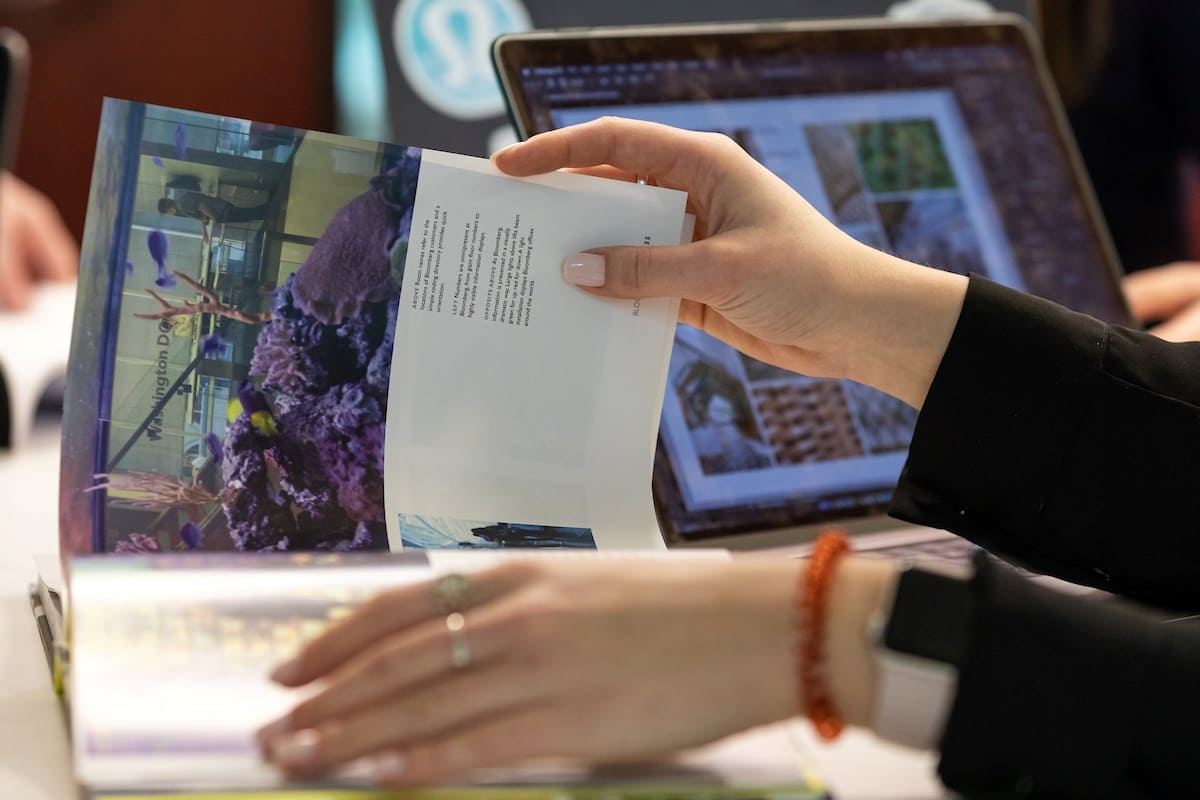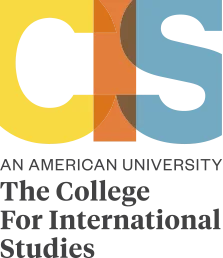Have you ever considered the intricate journey of a manuscript as it transforms into a published book? At the heart of this transformative process lies the pivotal role of the book editor.
Becoming a book editor is not just a career choice; it’s a commitment to shaping the world of literature, one story at a time.
In this blog post, we’ll delve into what it takes to become a book editor. From the educational backgrounds to the essential skills that set successful editors apart.
But let’s start at the beginning…
What does a book editor do?
A book editor is much more than a mere proofreader or a grammarian. These are essential aspects of the job, but a book editor’s responsibilities run deeper.
A book editor collaborates closely with authors to transform a manuscript from its raw into a polished piece ready for publication. This process involves substantial editing, where the editor evaluates and improves the story’s structure, pacing, consistency, and its business potential.
That is, they provide critical comments and suggest revisions when necessary to improve the clarity and style of each piece.
However, the job of a book editor is not just about refining prose.
If you want to become a successful book editor, you must also know the market well, recognize trends and know what readers are looking for in order to guide authors and adapt their works to the needs of the market.
So book editors are, at the same time, advisors and strategists.
Types of book editor
In the intricate tapestry of the publishing industry, each type of book editors play a pivotal role, weaving together the threads of creativity, consistency, and marketability.
That’s why learning about the different types of editors and the roles they play can be eye-opening for anyone wondering how to become a book editor.
Would you like to take a look at them? Let’s do it!
- Developmental Editors
Developmental editors are akin to architects in the world of books. They work with authors during the early stages of a manuscript, helping to develop the overarching structure of the narrative. Their role involves shaping the plot, characters, and pacing, ensuring that the story flows logically and engagingly.
In short, developmental editors are the creative visionaries who help authors translate their ideas into compelling stories.
- Copy Editors
Copy editors are the meticulous guardians of grammar, punctuation, and style. They delve into the nitty-gritty details of the text, polishing each sentence to ensure clarity and readability.
Their keen eyes catch inconsistencies, factual errors, and awkward phrasings, refining the manuscript into a polished piece of literature.
- Line Editors
Line editors work closely with the text, focusing on the language and writing style. They are the sculptors of syntax, enhancing the author’s voice and ensuring that each sentence resonates with elegance and precision.
Line editors fine-tune dialogue, refine metaphors, and ensure that the prose sings harmoniously from page to page.
- Proofreaders
Proofreaders are the last line of defense in the editing process. After the developmental, copy, and line editors have worked their magic, proofreaders go through the manuscript with a fine-tooth comb.
They catch any lingering typos, misspellings, or minor errors, ensuring that the book is error-free and ready for publication.
- Acquisitions Editors
Acquisitions editors are the talent scouts of the publishing world. They search for promising manuscripts and authors, evaluating submissions for their potential success in the market.
Their role consists of deciding which books get published, as they often have a say in the editorial and marketing strategies that will be employed to promote the book.
As you can see, each one of these profiles requires specific qualities. But there are several skills that are indispensable to become a book publisher, regardless of the path you choose.
What skills does a book editor need?

To excel as a book editor, one must possess a blend of skills:
1 – Analytical and synthesis skills
A book editor must be able to analyze in depth the texts that come to his desk and synthesize the proposals for changes or improvements they require.
2 – Ability to detect errors
To become a book editor, it is essential to have a trained eye for spelling, grammar or style errors. A book editor must be a perfectionist in this regard.
3 – Creativity
Although not a skill usually associated with this role, creativity is very valuable to editors, as it helps them find new ways of presentation and possible content improvements for books.
4 – Computer literacy
Becoming an editor requires knowledge of the software used in book publishing, as well as being up-to-date on new technologies and formats that may appear on the market.
5 – Effective communication
A book editor must have well-developed communication skills, either to convey ideas clearly or to negotiate with authors and other professionals.
6 – Organization and planning
One of the main requirements to work as a book editor is to be able to manage time efficiently, as being able to meet deadlines is key to the smooth running of the publishing house.
7 – Language skills
Knowing languages is a plus in all jobs, but if you are going to translate your books into other languages, it will come in handy to be able to supervise the work of translators and promotional actions.
In this regard, a bilingual education can enhance your ability to understand and appreciate the nuances of different cultures and literary traditions, which is key in global publishing.
8 – Commercial intuition and knowledge of potential readers.
An often overlooked skill is the editor’s ability to evaluate the sales potential and life cycle of the author’s book or sets of books, allowing for the development of long-term projects, such as sagas and episodic narratives.
But beyond these skills, embarking on a career as a book editor involves a blend of education, experience, and a deep love for literature.
So…
What to study to become a book editor?
If you’ve ever wondered what to study in college to become a book publisher, the first thing to keep in mind is that there is no single career path that will lead you to your goal.
Rather, there are a variety of academic disciplines that can equip you with the skills and knowledge you need to thrive in the publishing industry.
Let’s take a look at some of them.
- Communication Degree
Communication degrees are ideal for those who want to become a book publisher. These types of degrees include careers such as Journalism or Communication, which are closely linked to the world of information and can be of great help in many cases.
Both Journalism and Communication students acquire skills to write quality texts, handle digital tools, work with different content formats and communicate effectively. These skills are highly valued in the publishing world, since a good editor must be able to improve the texts and give them the most appropriate format for the audience.
- Language and Literature
Another very interesting option for future book editors is to study Language and Literature. Although this career is not directly focused on the publishing world, it does allow students to acquire a deep knowledge of the language, which is essential to become both a copy or line editor.
Language and Literature students learn to analyze texts, understand linguistic structures and detect grammatical or stylistic errors. Thus, graduates in this subject play an important role in proofreading texts to ensure the quality of a publication.
- Marketing and Advertising
Last but not least, there is the option of studying Marketing and Advertising. It is obvious that the promotion of a new book is essential to ensure a good reception among the public. But studying Marketing and Advertising also opens the door to many other profiles such as, for example, the acquisitions editor.
A job that combines a passion for literature and a commercial vision.
In the end, although there is no specific career to become a book editor, within the range of university degrees we find different options that may be interesting for future editors.
However, it is not only a matter of which career to choose. On the path to becoming a book editor, the educational environment can significantly influence your career.
At CIS University, you’re not just earning a degree; you’re embracing a world of literary heritage and innovation.
Can you imagine doing your undergraduate studies in the same country where Miguel de Cervantes, Federico García Lorca or Carlos Ruiz Zafón were born?
Study your university degree at CIS University and transform your passion for literature and editorial aspirations into reality.

